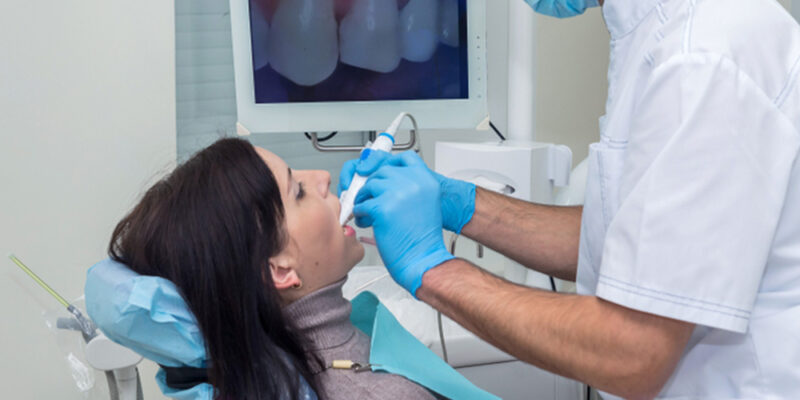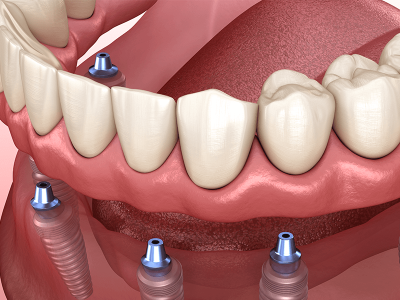Being a dentist is a rewarding yet demanding profession that requires constant attention to detail, precision, and exceptional patient care. The daily challenges of managing a dental practice while maintaining high-quality treatment can lead to significant stress. This comprehensive guide explores practical strategies for dental professionals to manage stress while enhancing patient care delivery.
Impact of stress on dental practice
The demanding nature of dental work can take a toll on both physical and mental well-being. Long hours, complex procedures, and the responsibility for patient outcomes contribute to heightened stress levels. This stress can affect decision-making abilities, hand steadiness, and overall practice management when left unaddressed.
Creating an organized workflow
- Implement efficient scheduling systems to prevent overbooking
- Develop clear protocols for standard procedures
- Delegate tasks appropriately to qualified team members
- Maintain organized treatment rooms and sterilization areas
- Schedule regular equipment maintenance to prevent unexpected issues
Building a supportive team environment
A collaborative and supportive dental team is crucial for stress reduction. Regular team meetings, open communication channels, and clear role definitions help create a positive work atmosphere. Stress management for dentists becomes more effective when the team works cohesively towards common goals.
Implementing self-care practices
- Schedule regular breaks between patients
- Practice proper ergonomics during procedures
- Maintain good physical health through regular exercise
- Focus on proper nutrition and hydration
- Engage in mindfulness or meditation practices
Technology integration for efficiency
Modern dental technology can significantly reduce workplace stress when adequately implemented. Digital scheduling systems, automated appointment reminders, and electronic health records streamline administrative tasks, allowing more focus on patient care.
Importance of work-life balance
Finding the right balance between professional responsibilities and personal life is crucial for long-term stress management. Setting boundaries, maintaining regular working hours, and taking planned vacations contribute to sustained professional satisfaction. Stress Management for Dentists includes recognizing the value of personal time and family commitments.
Physical workspace optimization
- Ensure proper lighting in treatment areas
- Maintain comfortable room temperature
- Invest in ergonomic equipment and seating
- Organize supplies for easy access
- Create a calming atmosphere with appropriate décor
Staying updated with the latest dental techniques and technologies can boost confidence and reduce stress related to complex procedures. Regular participation in workshops, conferences, and training sessions helps maintain professional growth.
Patient communication strategies
- Develop clear treatment explanation protocols
- Use visual aids for better patient understanding
- Practice active listening techniques
- Schedule adequate time for patient questions
- Maintain professional yet empathetic communication
Financial management approaches
Implementing solid financial management practices helps reduce stress related to business operations. This includes regular budget reviews, proper insurance handling, and maintaining emergency funds for equipment repairs or replacements.
Building resilience through community
Connecting with other dental professionals through study groups, professional associations, or online communities provides valuable support and shared learning opportunities. These connections offer platforms for discussing challenges and sharing solutions.
Stress monitoring and management techniques
- Regular stress level self-assessment
- Identification of specific stress triggers
- Development of personalized coping strategies
- Professional counselling when needed
- Regular exercise and relaxation practices
Creating emergency protocols
Having clear protocols for dental emergencies helps reduce stress during unexpected situations. This includes maintaining emergency equipment, regular team training, and clear communication procedures.
Integration of relaxation techniques
- Deep breathing exercises between patients
- Short meditation sessions during breaks
- Progressive muscle relaxation techniques
- Mindful walking during lunch breaks
- Regular stretching exercises
Managing stress while maintaining high-quality patient care requires a multifaceted approach. Dentists can create a more balanced and fulfilling professional life by implementing these strategies and regularly assessing their effectiveness. Remember that stress management is an ongoing process that requires consistent attention and adjustment based on individual needs and circumstances.














Comments